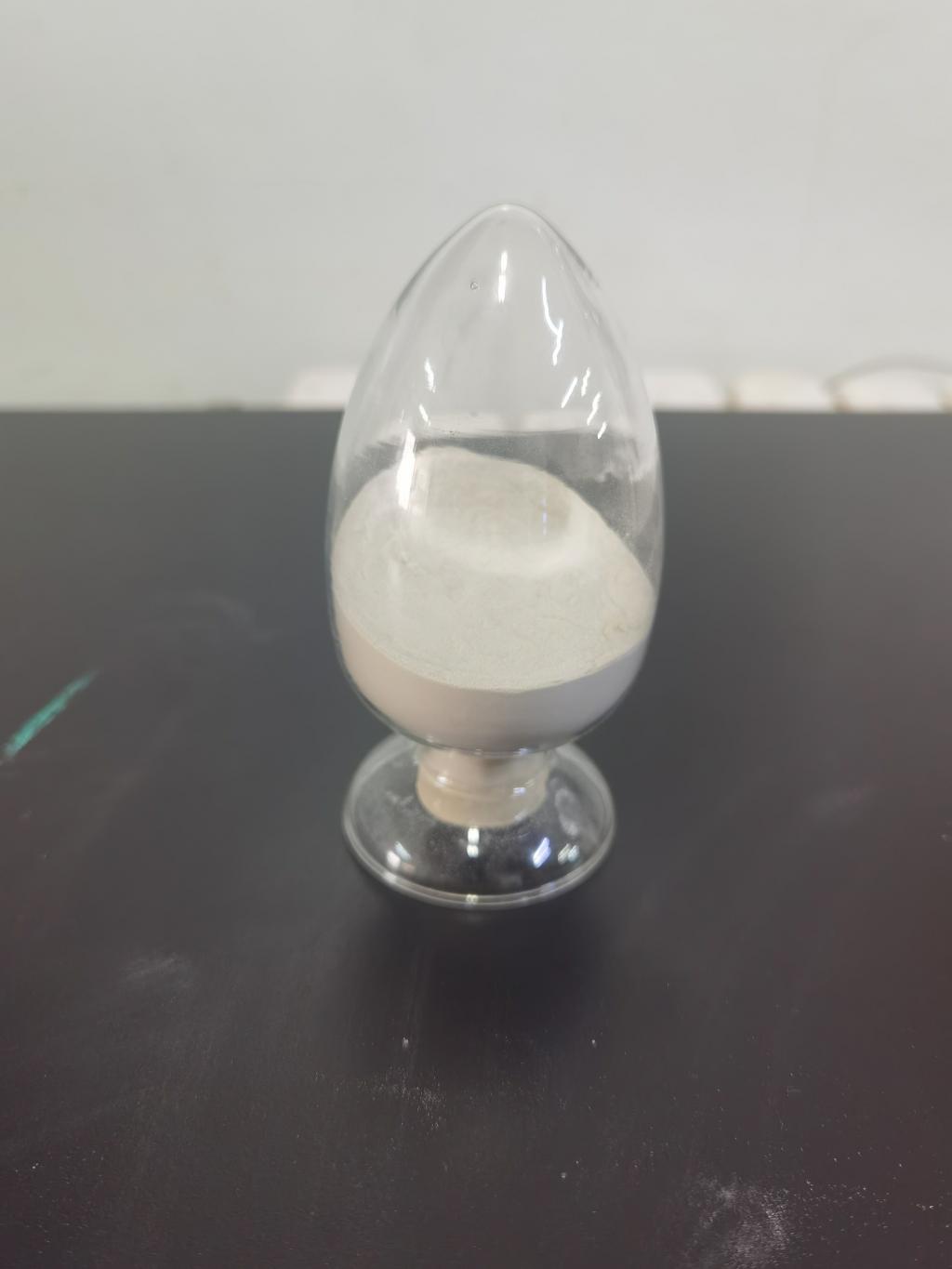Tel:+8618231198596

News
 CONTACT
CONTACT
 CONTACT
CONTACT
- Linkman:Linda Yao
- Tel: +8618231198596
- Email:linda.yao@dcpharma.cn
- Linkman:CHARLES.WANG
- Department:Overseas
- Tel: 0086 0311-85537378 0086 0311-85539701
News
Are there any studies on the long-term effects of Nisin consumption?
TIME:2023-05-30
Introduction
Nisin, produced by Lactococcus lactis, is recognized as safe for human consumption by regulatory bodies worldwide. However, with the increasing use of nisin in various food products, it is crucial to assess its long-term effects on human health and associated factors.
Nisin and Human Health
Several studies have investigated the impact of long-term nisin consumption on human health. These studies have examined parameters such as growth and development, organ function, immune response, and carcinogenicity. Overall, the existing evidence suggests that nisin consumption within acceptable daily intake levels is unlikely to pose significant adverse health effects. However, further studies are needed to explore potential long-term effects in specific populations and at higher concentrations.
Nisin and Gut Microbiota
The gut microbiota plays a crucial role in maintaining human health and overall well-being. Several studies have explored the impact of nisin on gut microbiota composition and diversity. While some studies suggest that nisin may have selective antimicrobial effects on specific bacterial species, overall, the effects on gut microbiota are relatively modest and transient. Long-term studies investigating the stability and resilience of the gut microbiota in response to nisin consumption are warranted.
Nisin and Antibiotic Resistance
Antibiotic resistance is a global health concern. To assess the potential impact of nisin consumption on antibiotic resistance, studies have investigated the development and spread of antibiotic resistance genes among bacteria exposed to nisin. The current evidence indicates a low likelihood of nisin promoting antibiotic resistance. However, continuous monitoring is necessary to ensure the sustained effectiveness of nisin as an antimicrobial agent.
Potential Adverse Effects and Allergenicity
Although rare, adverse effects associated with nisin consumption have been reported. These include allergic reactions and gastrointestinal disturbances. However, the occurrence of such adverse effects is infrequent and typically observed in individuals with specific sensitivities or pre-existing conditions. Comprehensive studies are needed to understand the mechanisms underlying these adverse reactions and to identify susceptible populations.
Future Perspectives and Recommendations
To gain a more comprehensive understanding of the long-term effects of nisin consumption, future research should focus on the following areas:
Conducting long-term human studies with diverse populations to evaluate the effects of prolonged nisin exposure.
Exploring the potential interaction between nisin and other food additives or drugs.
Investigating the impact of nisin on the gut-brain axis and its potential role in neurological disorders.
Assessing the effects of nisin on different age groups, including infants and the elderly.
Conclusion
Existing studies on the long-term effects of nisin consumption indicate a favorable safety profile within the approved daily intake levels. Nisin appears to have limited and transient effects on gut microbiota composition and diversity, with no substantial evidence of promoting antibiotic resistance. While rare adverse effects have been reported, they are typically observed in specific susceptible populations. Continued research is necessary to ensure the safety and efficacy of nisin, particularly with long-term and high-dose exposure scenarios.
- Tel:+8618231198596
- Whatsapp:18231198596
- Chat With Skype







